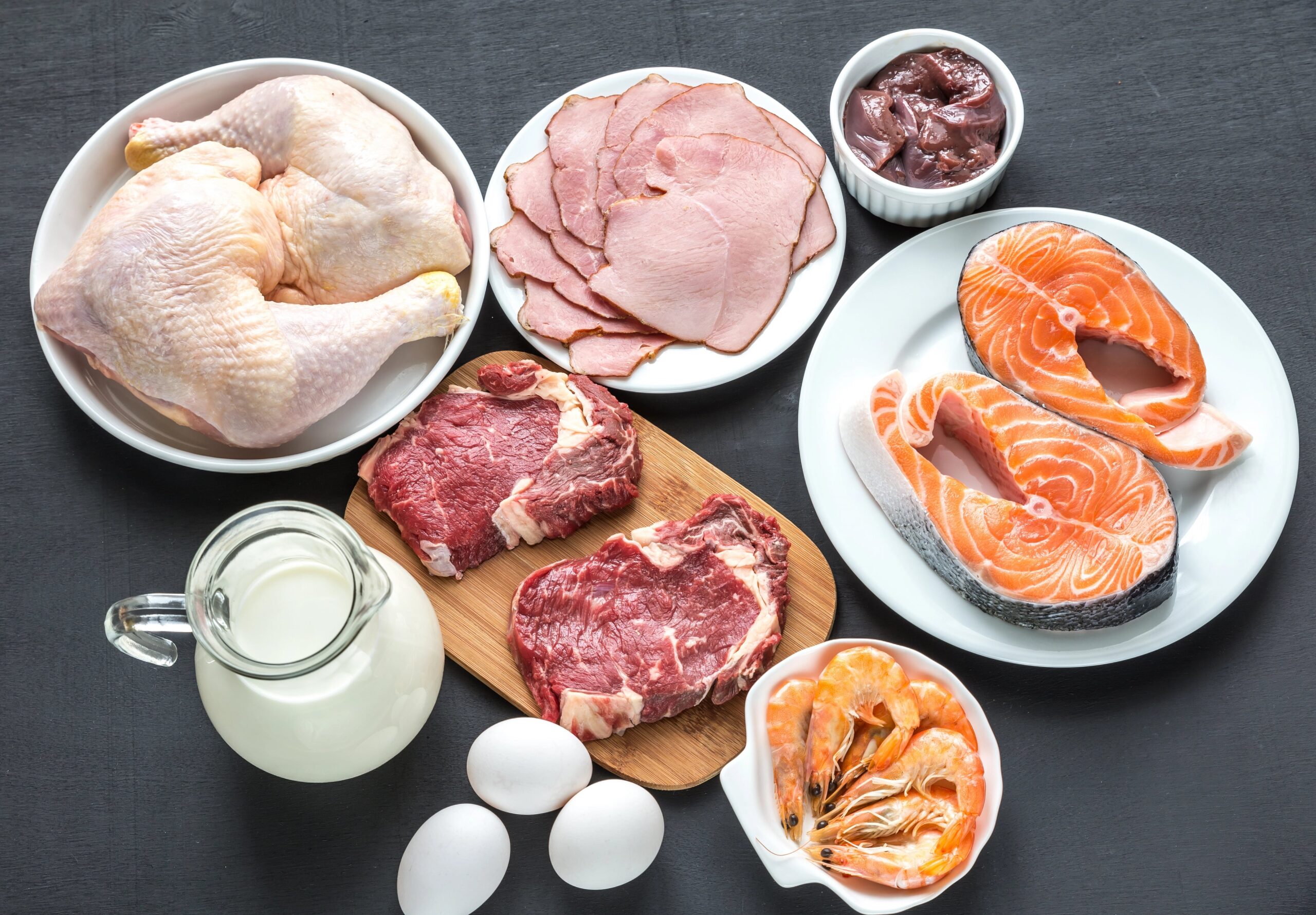From protein shakes to high-protein plans like the Paleo and Atkins diets, protein is all the rage for building muscle and losing weight. However, while protein plays a crucial role in maintaining overall health, experts caution that consuming excessive amounts might carry hidden risks.

Why Protein Matters
Protein, a vital macronutrient alongside carbohydrates and fats, forms the building blocks of human cells. Essential for growth, development and tissue repair, protein also supports metabolism and helps maintain muscle mass as we age. Nutrition guidelines typically recommend 56 grams of protein daily for men and 46 grams for women, or about 0.8 grams per kilogram of body weight. Active individuals or those building muscle might require slightly more, around 1.2 to 1.7 grams per kilogram of body weight.
Despite these guidelines, some experts argue for even higher protein consumption—double the standard recommendations—to enhance metabolism, support muscle growth and aid weight management.
The High-Protein Appeal
Protein-rich diets offer several appealing benefits. They can increase feelings of fullness, leading to reduced calorie intake and aiding weight loss. One study evaluating the effects of changing diets among 19 people found that increasing protein intake from 15 percent to 30 percent resulted in participants consuming approximately 400 fewer calories per day while feeling fuller and losing weight. Additionally, a high protein intake supports muscle building and maintenance, which is particularly beneficial during strength training. Some research suggests protein might boost metabolism, support bone health and even lower blood pressure.
Potential Risks of Excess Protein
However, consuming protein in excess carries potential downsides. Diets excessively rich in animal proteins—especially processed meats—may raise the risk of heart disease, kidney stones and colon cancer. High-protein diets may also inadvertently overlook dietary fiber, an essential nutrient found only in plant-based foods. “Depending on the source of protein, a high-protein diet that overly emphasizes animal foods and doesn’t include enough fruits, vegetables and whole grains could also be a low-fiber diet,” said Kris Sollid, a registered dietitian and Senior Director of Research and Consumer Insights at the International Food Information Council. He suggests “diversifying your protein choices to include more beans, chickpeas, lentils, peas, seafood and soy foods.”
Furthermore, extremely high protein intake can strain the kidneys, particularly in people predisposed to kidney issues. Registered dietitian Leah Silberman suggests that “Exceeding 2 grams of protein per kilogram of body weight may not offer any extra benefits,” advising that a moderate approach is usually best.
Striking the Right Balance
Balancing protein consumption with other essential nutrients is critical. Dietitians recommend a diet consisting of approximately 10 to 35% of calories from protein, depending on individual health goals. Kelly Plowe, a registered dietitian, notes, “A high-protein diet often means cutting carbohydrates. A healthier approach is a balanced diet that includes about 50% of calories from carbs, 20% from protein, and 30% from fat.”
Incorporating high-quality protein sources—such as lean meats, fish, low-fat dairy, beans, nuts, seeds and soy products—while limiting consumption of red meat and processed foods, is ideal. Plant-based proteins can further reduce risks associated with excessive animal protein consumption.
To incorporate protein safely and effectively, nutritionists suggest spreading protein intake evenly across daily meals, including protein-rich breakfasts and snacks and using protein supplements judiciously. Maelee Wells Sutton, a registered dietitian, suggests strategies such as substituting quinoa or lentils for rice or integrating high-quality protein powders into smoothies or coffee for a convenient nutritional boost.
Optimism and Moderation
Though navigating protein intake can seem daunting, the good news is that a balanced, mindful approach to protein can yield significant health benefits without the risks and challenges associated with extreme diets. Prioritizing a variety of nutritious sources of protein, balanced with fiber-rich carbohydrates and healthy fats, offers an effective and sustainable path to overall health and wellness.
Did you enjoy this blog post? Check out our other blog posts as well as related topics on our Webinar page.
QPS is a GLP- and GCP-compliant contract research organization (CRO) delivering the highest grade of discovery, preclinical, and clinical drug research development services. Since 1995, it has grown from a tiny bioanalysis shop to a full-service CRO with 1,200+ employees in the US, Europe, Asia, India and Australia. Today, QPS offers expanded pharmaceutical contract R&D services with special expertise in pharmacology, DMPK, toxicology, bioanalysis, translational medicine, cell therapy (including PBMCs, leukopaks and cell therapy products), clinical trial units and clinical research services. An award-winning leader focused on bioanalytics and clinical trials, QPS is known for proven quality standards, technical expertise, a flexible approach to research, client satisfaction and turnkey laboratories and facilities. Through continual enhancements in capacities and resources, QPS stands tall in its commitment to delivering superior quality, skilled performance and trusted service to its valued customers. For more information, visit www.qps.com or email info@qps.com.




